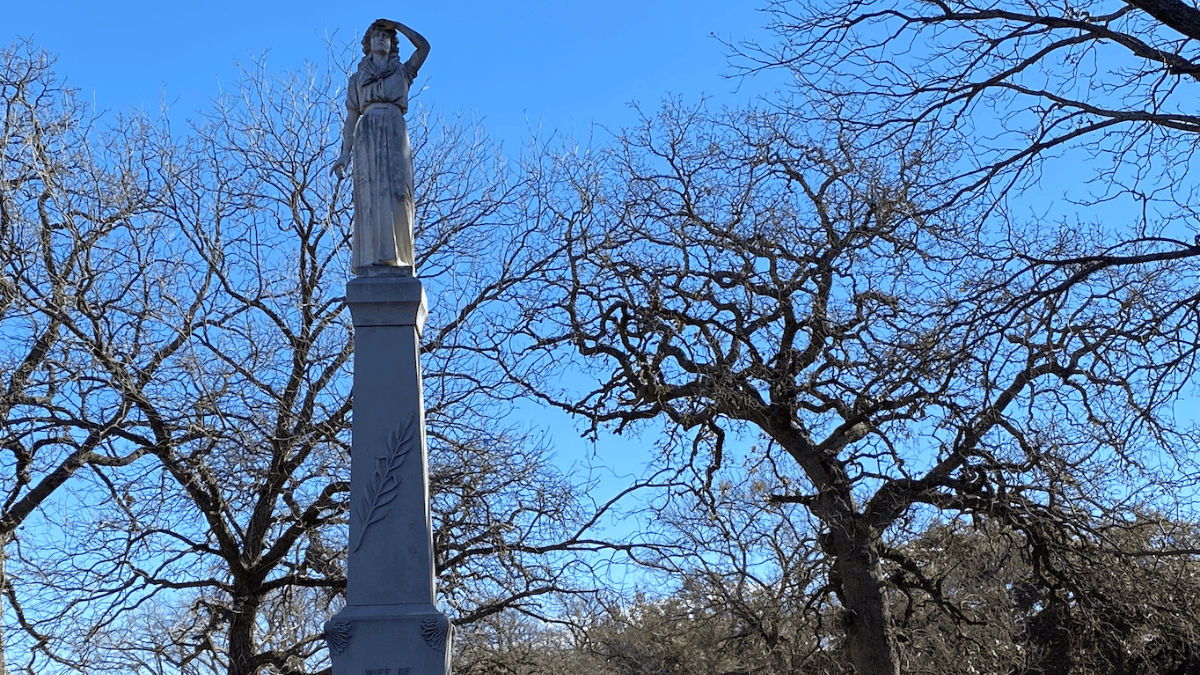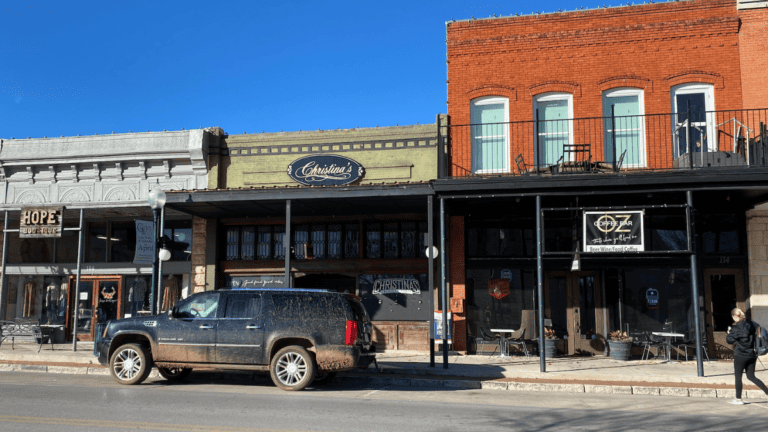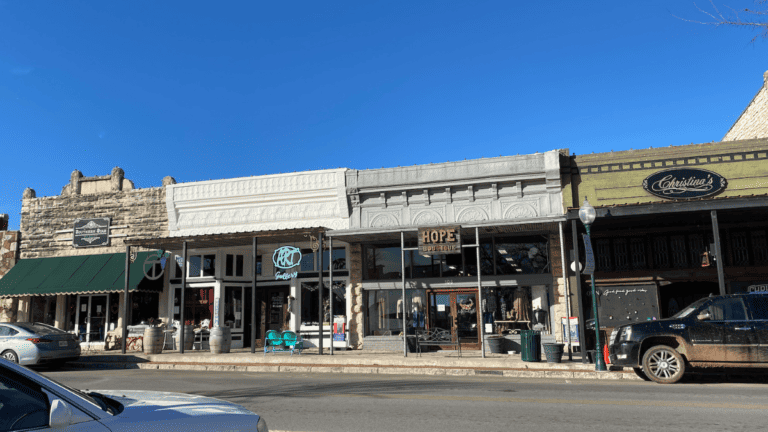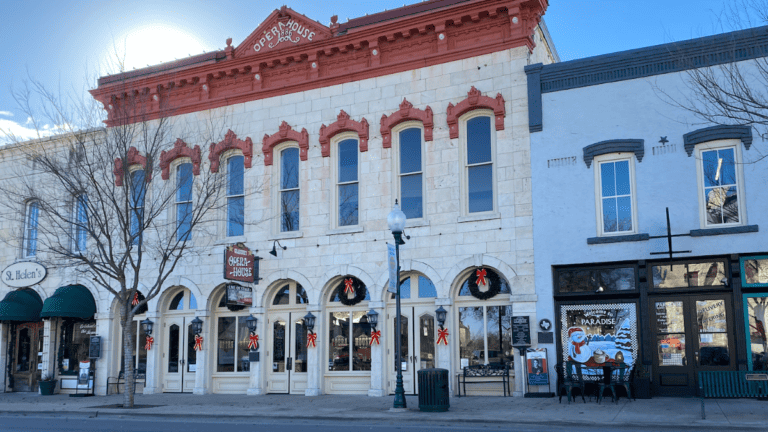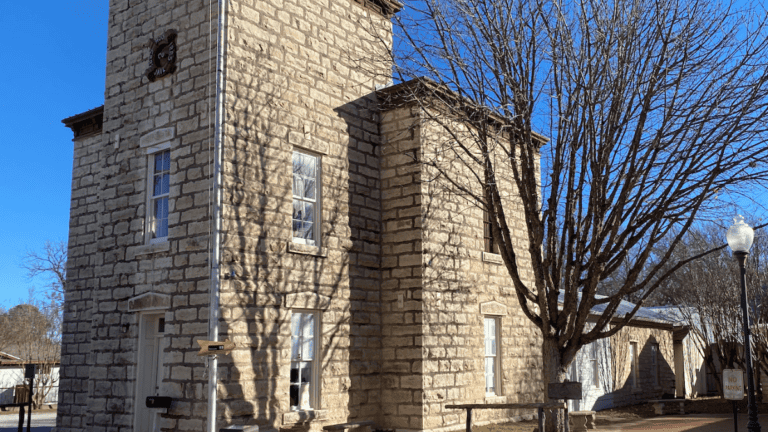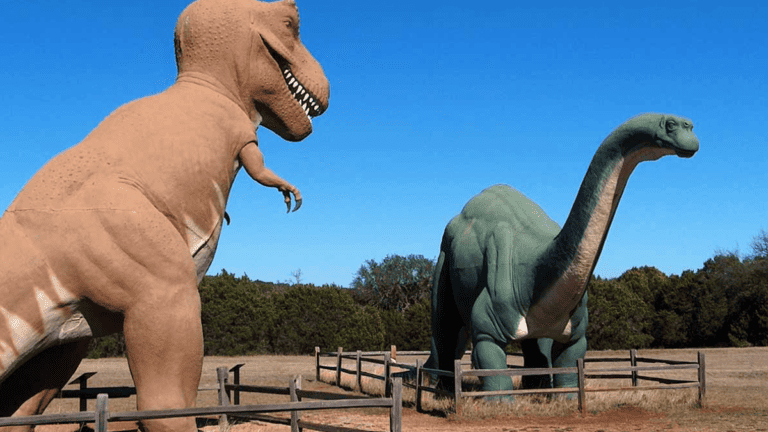Elizabeth Crockett-Her Legacy and Burial Site in Granbury, TX
Elizabeth Crockett was the spirited wife of David Crockett. While her name might not echo as loudly in the annals of history as her legendary husband’s, her life story embodies the resilience and fortitude of pioneer women.
Born Elizabeth Patton, she married Davy Crockett after the death of his first wife and became an integral part of his adventures in the wild frontiers of 19th-century America.
Living through the tumultuous times of early Texas history, you could say Elizabeth was as tough as they come. After Davy’s death at the Alamo in 1836, she didn’t just sit back and fade into the pages of history.
Instead, she packed up her life and moved her family to Texas, where she received a land grant as part of the compensation for her husband’s service and sacrifice.
Her life in Texas gives a personal glimpse into the experiences of settlers who shaped the Lone Star State.
Elizabeth Crockett
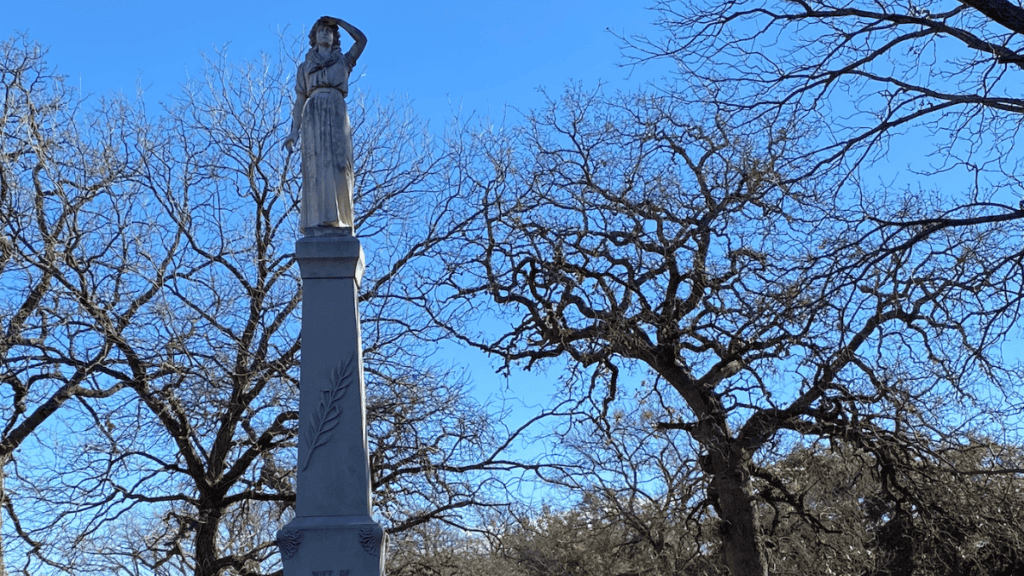
You’ll find that Elizabeth Crockett has left an indelible mark through her historical significance and the commemoration at her final resting place.
Historical Significance
Elizabeth Crockett, widowed spouse of the legendary frontiersman Davy Crockett, is more than just a historical footnote to her famous husband’s tale.
A deeper look into her life reveals her own enduring legacy in American history. Not only did she survive the hardships of frontier life, but she also became a symbol of the resilient pioneer spirit.
She’s honored by the Elizabeth Crockett Chapter of the Daughters of the American Revolution, a testament to her impact.
Acton State Historic Site (Burial Site)
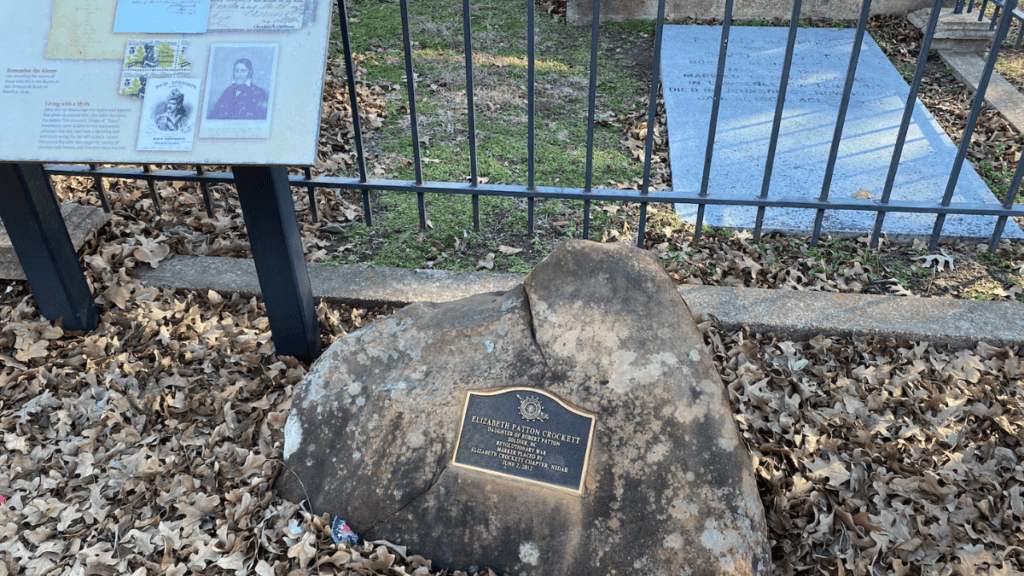
Elizabeth’s final resting place is not just any cemetery plot; it’s nestled within the Acton State Historic Site, which has the distinction of being the Smallest State Park in Texas.
Visitors to the site, managed by the Texas Historical Commission, can observe a Texas Centennial Marker that was erected in 1936 to acknowledge Elizabeth’s contributions to Texas history.
You can see why the Burial Site of Elizabeth Crockett is not just a place of remembrance but also a piece of living history preserving the memory of those who shaped the early days of Texas.
The Acton cemetery is fascinating. You can see some of the photos above including Elizabeth’s grave. You will find graves from the 1800’s. It’s acres of land with so much history when you simply take it in. Simply look in the middle of the cemetery for the large statue of Elizabeth Crockett.
Life and Contributions
In this dive into the life and efforts of Elizabeth Crockett, you’ll discover her pivotal role as a pioneer mother and her notable family influence. Get ready to connect with a woman who made her mark on American frontier history.
Early Life and Family
Elizabeth Patton Crockett, born in Swannanoa, North Carolina, hailed from Buncombe County. Marrying Davy Crockett in 1815. She was a widow after her first husband had died, and she had 3 children from the first marriage.
Her and Davy Crockett lived in Tennessee and went on to have 3 more children together. Davy Crocket also had 3 children from his previous marriage when his wife also passed away.
| Family Member | Relationship | Notable Aspects |
|---|---|---|
| Davy Crockett | Husband | American folk hero, frontiersman |
| Elizabeth Patton Crockett | Self | Resilient pioneer, managed family affairs |
| Children | Offspring | Grew up in formative years of Texas |
Crockett Family Impact
After Davy’s passing at the battle of the Alamo, you’ll see Elizabeth settling in Hood County, Texas, later named Granbury TX where her influence was profound.
She received a land grant from the Texas Legislature recognizing her husband’s service in the Army of the Republic of Texas. This grant aided her significantly in managing the family finances and maintaining their wellbeing.
An interesting fact that historians have found is that Elizabeth wore a black dress every single day for 30+ years until her death in mourning of her husband and was buried in a black widow’s dress.
In Acton, Elizabeth became well-known. She manifested as a cornerstone of the community and was remembered as a Pioneer Mother.
The name Crockett Street in Acton was a testament to her family’s local significance.
